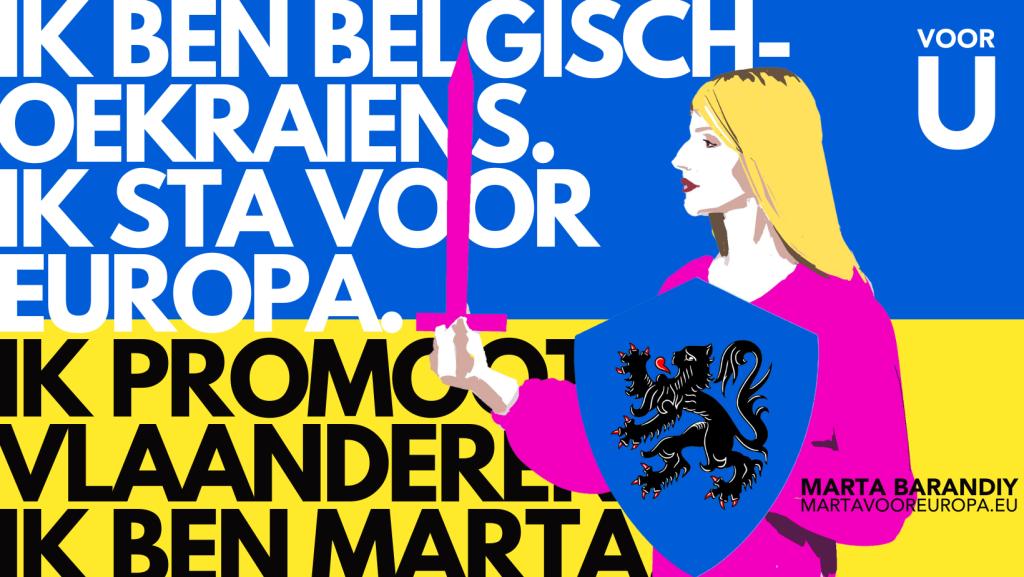
During the COVID-19 pandemic, guided by emotions of fear that have been amplified by media, we transferred the powers of the people to the government, which the latter had not previously had, and legitimized those powers by sociological surveys. This way, the new relations between the people and the government had been set up – the new social contract had intended to be established where not dignity but health and climate security were the highest values of human existence, where being cautious about your own life did mean being selfish; where individual priorities were subordinated to the communal; where people agreed for someone else like media, experts, and corporations to decide on what the communal priorities were.
During the pandemic we had been governed by public opinion and the “regime of numbers” rather than by law.
We gave up the supremacy of freedom and dignity—the highest values in democratic postwar society, the values that inspired revolutions and heroїsme, the values that formed the expectations of entire nations.
We gave up some of the most basic not just norms but principles of law: “par in parem non habet imperium”, “legal certainty”; “not guilty until proven otherwise”; proportionality between the breach of the by-the-government-believed-to-be-constitutional-law-called-rules and punishment. We twisted the concept of what was “permitted” to the individuum and the government in the democracy. Normally, the individuum has the right to do anything that is not forbidden by the law whereas the government has no right to do anything that is not foreseen by the law. Otherwise, the state is entitled to embrace the arbitrariness and lower the standards of all services in the society and excuse it for the reasons of sanitary measures.
The pandemic had not yet been over when the full-scale invasion of Russia in Ukraine started. This time, the emotions of empathy of Europeans allowed for pushing the limits of law within European nations to embrace humanity and help civilians escape arbitrary bombings, mass killings, and torture. These emotions have also allowed for crossing limits imaginable when sanctioning Russia or delivering weapons to Ukraine by the EU, which had not been foreseen previously. There had been a general cross-border consensus by the people of the EU that it was the right thing to do. Now, two years into the war, when emotions are no longer elevated for Ukrainians, the number of Europeans supporting Ukraine’s victory and path to the EU, while still high yet gets under test by the upcoming European elections.
There are more and more voices calling for negotiations. Among numerous reasons there are economic downfall and security concerns. Both arguments are valid but shortsighted seen the intentions of the party with whom the negotiations should take place. The intentions have been clear: destruction of the Ukrainian nation and the Western way of life. Ukraine is fighting for freedom. Calling for Ukraine to negotiate or calling for Europe to give up on Ukraine, for the hope of security is calling to put freedom on hold. Besides, like in national law there is a principle of equality between individuals, same in international law there is a principle of equality between the states. Why should the emotion of fear by people who enjoy freedom and security under the system of the European rule of law put Ukrainians as a non-equal nation compared to the Russian nation? Why should the whole nation that stands for freedom be denigrated as an object and not a subject of international relations?
If during the pandemic we experienced trading off personal freedoms for health security, now we experience calls of trading off international freedom for international security. If we are not free to defend ourselves, this international security will stay imaginable till it is taken away.





